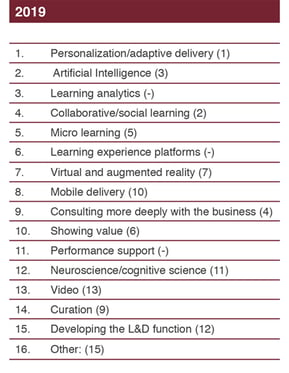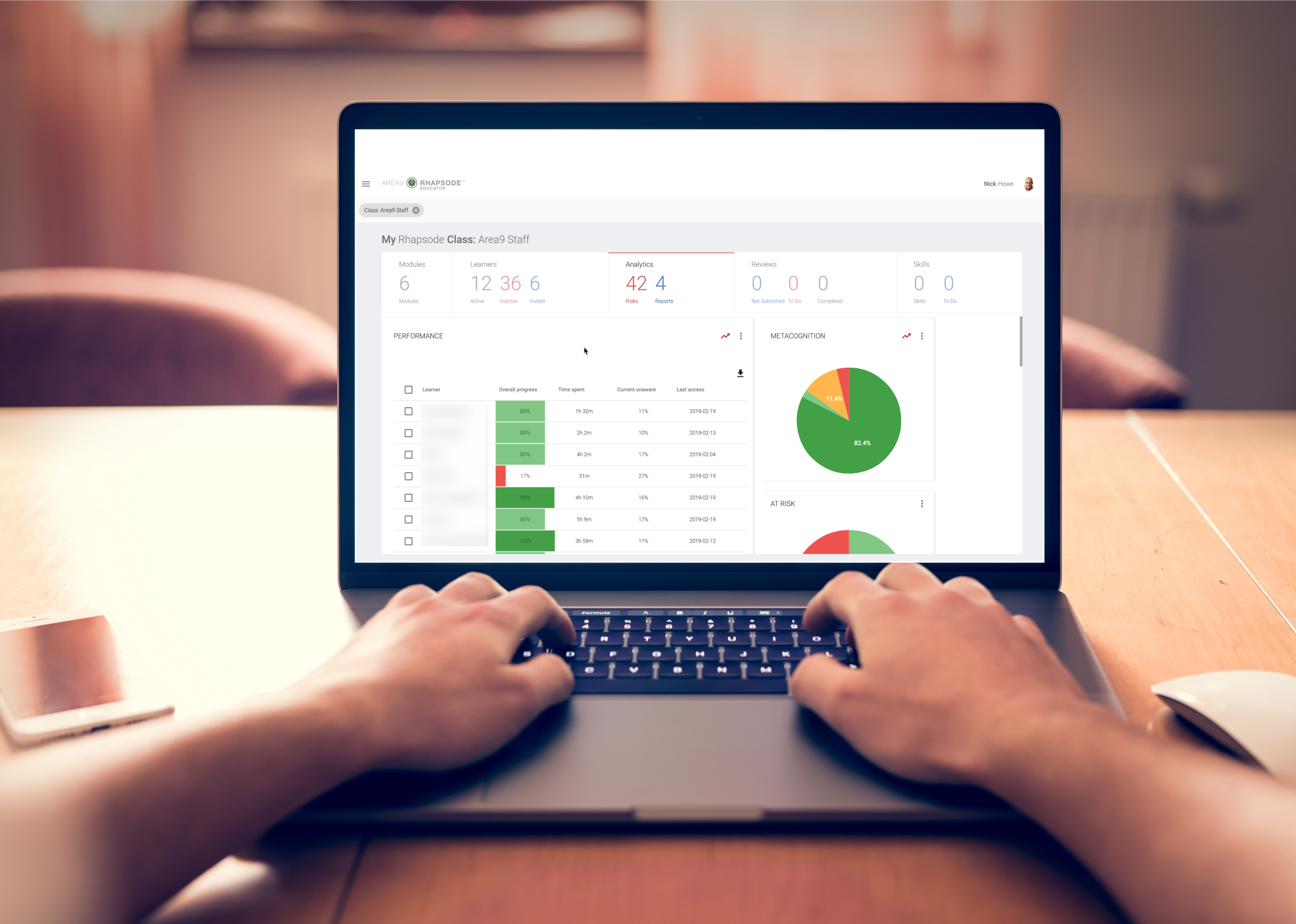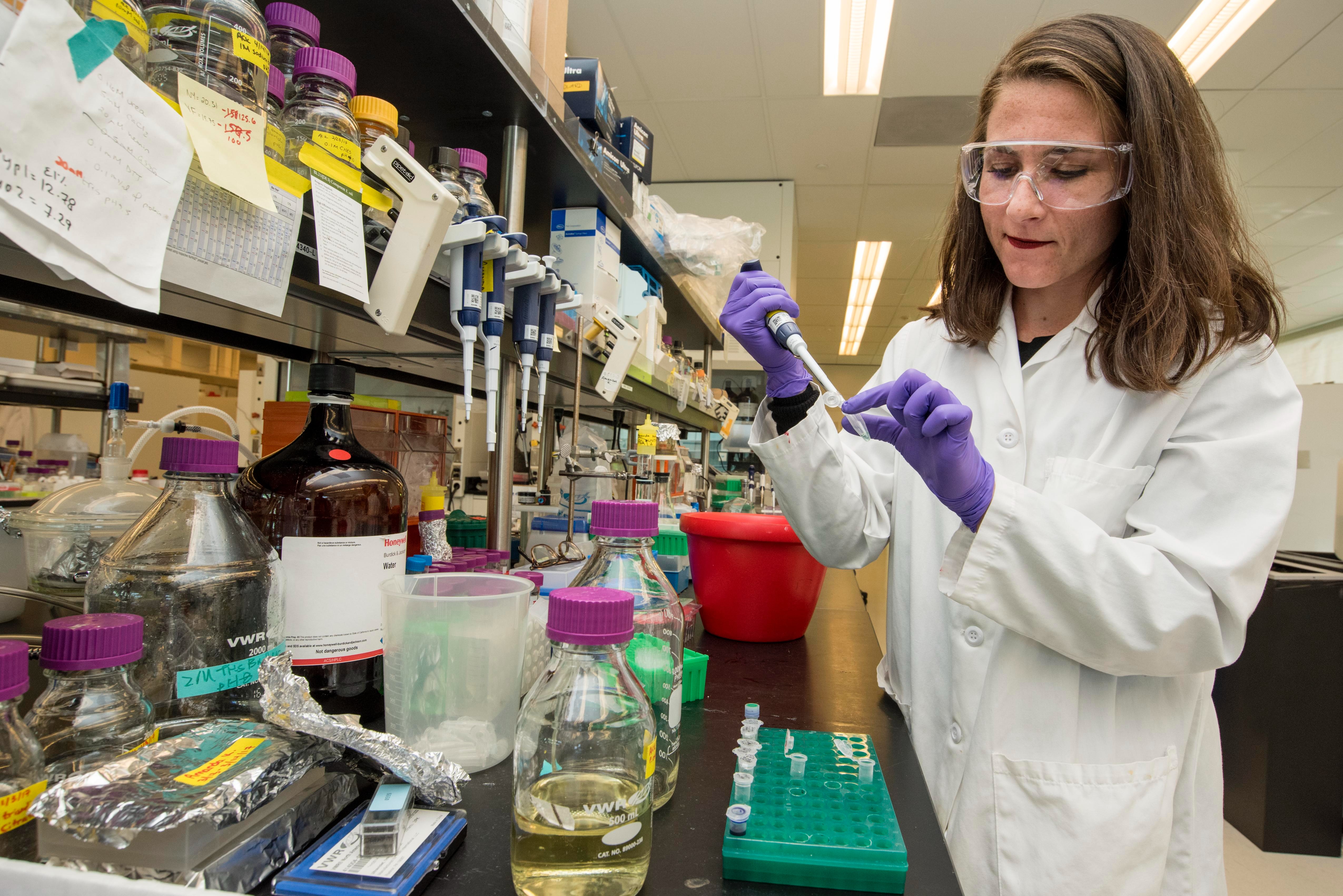The three hottest topics in Donald H. Taylor’s L&D Global Sentiment Survey 2019 are personalization, artificial intelligence (AI), and learning analytics. Although these are separate topics on the survey, they come together in one place: adaptive learning, in the application of AI to learning data to achieve personalized outcomes.
Data and analytics are hardly new tools. They are used throughout business, from marketing to supply chain management. Yet in corporate L&D, data and analytics have struggled to gain a foothold, despite being a popular topic at training conferences for many years. In his 2019 survey summary report, UK-based Donald Taylor observed, “If L&D is relatively late in coming to the use of data, the delay may be for good reasons…. learning is a more multi-faceted and complex activity without the clear outcome measures of sales and marketing.”
Although our profession is all about learning, corporate L&D has traditionally focused on the creation and delivery of content (in the classroom and/or online). Now, the growing interest in personalization, AI, and learning analytics shows that focus is shifting, as data help inform decisions about how to affect learning outcomes—and “to do so in a qualitatively different way,” the summary report stated. For L&D professionals, “the implications…are profound.”
Corporate L&D, which amounts to more than $360 billion worldwide, has been long overdue an overhaul. For too long, costly programs have failed to change behavior and improve business outcomes; instead, they yield a low return on investment (ROI). Now there must be closer alignment between business strategy and the talent needed to implement it—a challenge that puts CLOs on the front lines. As I observed earlier this year, more is being demanded of CLOs to implement highly effective training that can be proven by data. Knowing that, the combined emphasis on personalization, AI, and learning analytics comes as no surprise.
At Area9, the three top L&D priorities of personalization, AI, and learning analytics are at the core of our advanced adaptive learning platform, Area9 Rhapsode™. Combined, they enable adaptive learning to meet all learners where they are, address specific gaps in knowledge and skills, and provide the support and resources they need.
Let’s look at each of the components in turn.
Personalization: The Game-Changer
Personalized instruction has long been known to be highly effective, as demonstrated in the research of Benjamin Bloom into the classic tutor-and-student model. Because of its effectiveness, personalization has ranked as a top priority in the Donald H. Taylor surveys for the past few years. But delivering a truly personalized experience—efficiently and cost-effectively—has proved elusive.
Obviously, one-to-one personal tutoring is neither scalable nor cost-effective in the workplace. Computer-based adaptive learning, however, is scalable and can be deployed efficiently and effectively across a population of learners with varied backgrounds.
At Area9 Lyceum, we have devoted two decades of research to leveraging the capabilities of adaptive learning to personalize learning. Area9 Rhapsode™, our latest and most advanced adaptive learning platform, blends software algorithms with cognitive research to deliver cost-effective personalized instruction at scale. Using a problem-based learning approach, the platform uncovers what each learner has already mastered and where there are gaps in knowledge and skills. The platform then provides the learner with additional support in specific areas to achieve competency.
As a scalable solution, personalized adaptive learning shifts the cost equation dramatically compared to traditional learning methods. The even bigger benefit, particularly from a talent development perspective, is that personalized adaptive learning unlocks widespread proficiency and mastery across the workplace.
AI – Delivering the Right Content to Meet Learners’ Needs
With advanced adaptive learning, AI is deployed to determine exactly what each learner needs and in real-time. Area9 Rhapsode™ uses machine learning, a specialized “biological” algorithm, confidence-based formative assessment, and learning engineering to personalize learning. We also use AI to support educators and coaches in identifying learners who need additional help — thus creating early warning systems. Even more important, AI is the key to advanced content development and curation at scale to deliver advanced and personalized instruction.
AI brings together a powerful set of methods by combining the capabilities of algorithmics, semantics, statistics, and other modern technological tools, which, when used correctly, can help further our goals as education technology designers. That said, AI is not panacea and cannot solve every problem in education. But when deployed as part of an advanced adaptive learning-based ecosystem, it can create even more highly personalized learning experiences.
Learning Analytics
Proving the value of corporate e-learning requires more and better metrics. Fortunately, data-driven insights are no-cost “byproducts” of taking a personalized, adaptive learning approach to corporate e-learning.
In contrast to the much discussed, but rarely used, xAPI standard that requires manual instrumenting of learning interactions and manual analysis of the data, advanced adaptive learning systems automatically produce and consume large amounts of data about learner performance and experience. This data can level-set where employees are in their knowledge and skills. In addition, this data can be used by AI on an ongoing basis to further individualize the learning experience and refine the learning curriculum for greater effectiveness. (As a side note, adaptive learning systems are compatible with xAPI; however, xAPI is not necessary to achieve the benefits of personalization.)
Measuring and metrics are the only ways CLOs can present a convincing ROI for corporate learning strategies. By using an adaptive learning approach that measures effectiveness while instructing, a clearer metric for learning can be established.
As we look ahead to the future of corporate L&D and the need to reskill workers, it’s clear that the status quo in learning will not meet that challenge. Corporate L&D must embrace the latest in personalization, AI, and data analytics to deliver the kind of learning that will advance the business and talent strategies within their organizations.
Footnote: In addition to the top three items on Don’s survey, Area9 Rhapsode™ currently incorporates eight of the remaining twelve hot topics. Maybe we are onto something?










